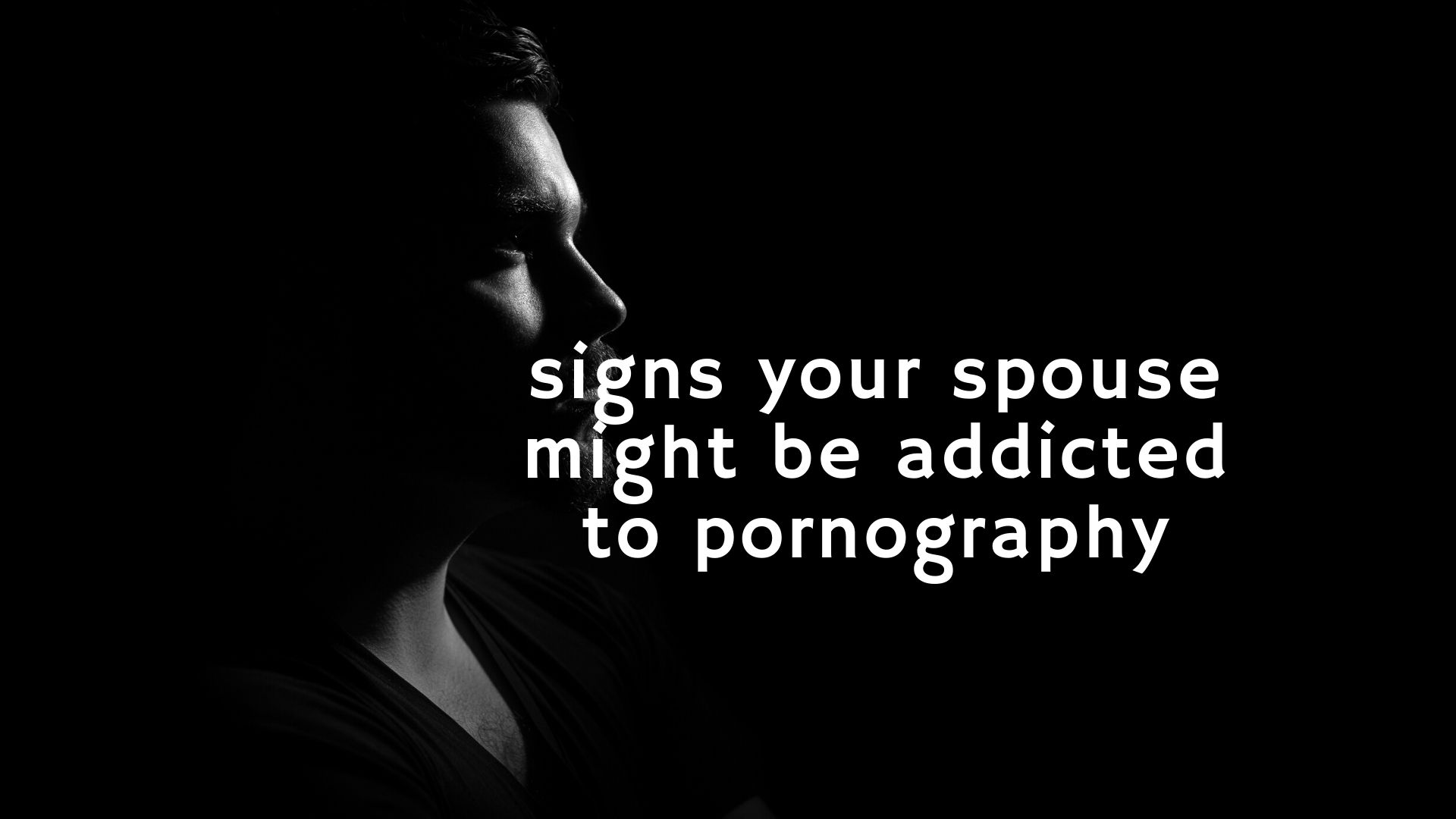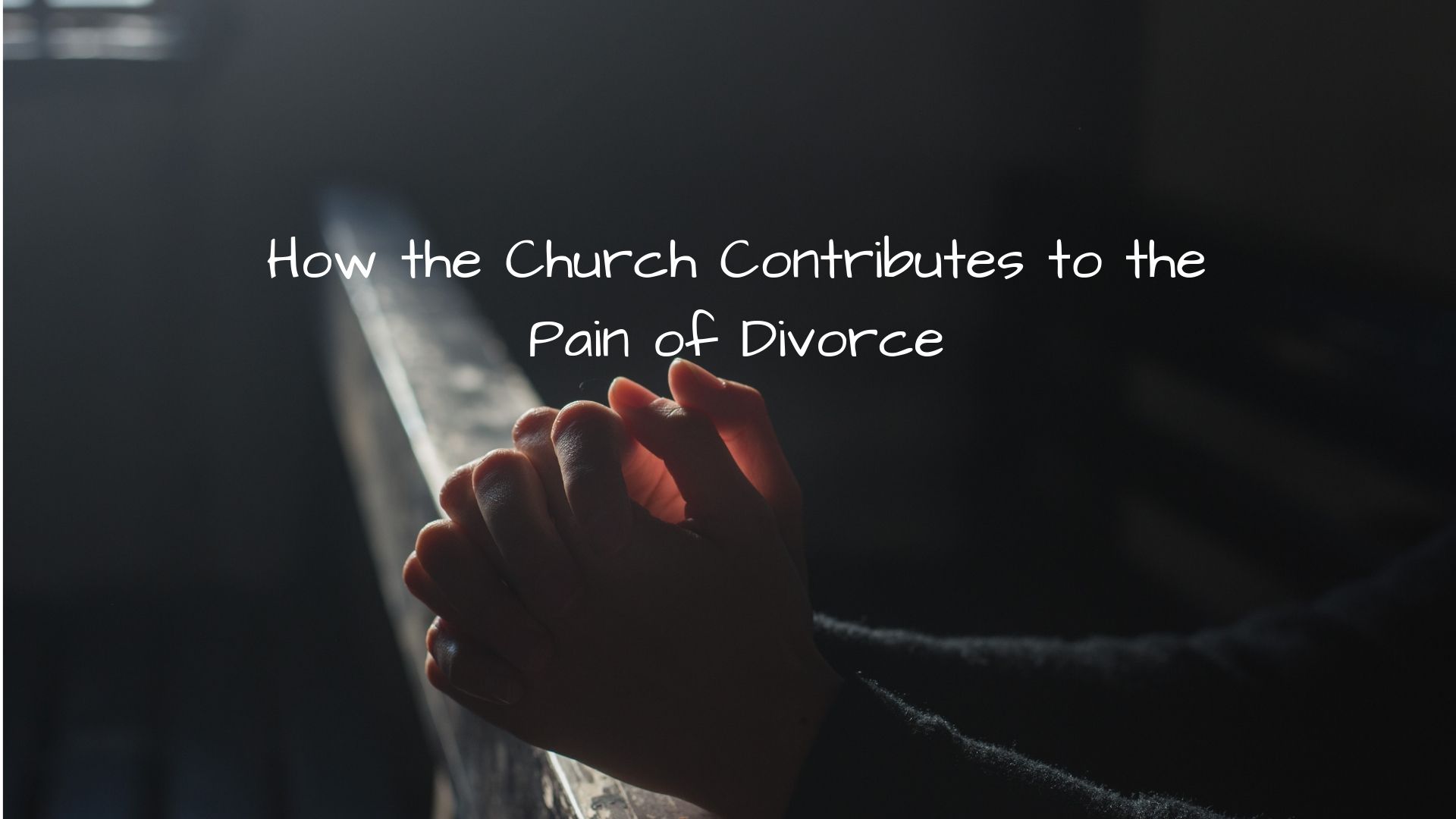What Makes a Marriage?
Gary Thomas has become one of my favorite authors and marriage mentors. There was a time when I didn’t feel this way, mostly because his book Sacred Marriage was used as a weapon to tell me I should have stayed in my marriage. While I agree that marriage is sacred and divorce should never be a first option, there are times when divorce is appropriate. In my case, years of infidelity, a refusal to return to the covenant of marriage, and a pattern of verbal and emotional abuse was enough to bring me to a place where divorce became my only option.
And I know God gave me permission to walk away.
As I walked the devastating path of divorce, my Father was with me every step of the way. Now that I am on the other side, I so clearly see His provision and His guidance at every turn. I know the intimacy I gained on the journey and the way I came to know the Great I Am along the way. While I would never wish divorce on anyone, I can look back and say I wouldn’t trade the journey for anything.
Because of my experience with divorce, I wrote off Thomas and his marriage books. Until I read his blog post Enough is Enough. Suddenly, I realized this was a marriage minister who got it! Shortly thereafter, Thomas wrote a book entitled When to Walk Away in which he discussed the importance of recognizing toxic relationships (including marriages). He gained my total respect with this book!
With all that said, I recently had the opportunity to interview Thomas. Since Valentine’s Day is next week, I wanted to share this interview with you as we think about the beauty of marriage as God intended it.
It’s been said that the best way to spot a counterfeit dollar bill is to become so familiar with the genuine product that the counterfeit becomes obvious. Do you feel this concept applies to a godly marriage? Why or why not?
[Gary Thomas]: Absolutely. When people come out of a bad marriage, or remember their parents’ bad marriage, they often make the foundation of their next marital choice from this perspective: “I don’t want that.” But there are many ways to go wrong! Avoiding one mistake doesn’t guarantee you’re not choosing another mistake. It’s better to aspire after a positive example of couples who love each other out of reverence for God, husbands who seek to love their wives like Christ loves the church, cherishing relationships, etc. When you see what marriage can be, it helps you evaluate whether your relationship is what it should be.
How would you describe a God-honoring marriage?
[Gary Thomas]: First, it’s an act of worship. I love my spouse out of reverence for God. She’s God’s daughter, precious to Him. Out of reverence for Him we can love our spouses even when they’re not lovable because we owe so much to God. When we view God not just as our Father, but also as our heavenly Father-in-law, we gain an entirely new motivation.
Second, it’s based on biblical love. Husbands are called to love their wives like Christ loves the church (Eph. 5:25-26). Women are exhorted to seek out training to learn how to love their husbands (Titus 2:4). Culture defines marriage by its emotional euphoria (infatuation). The Bible urges us to use marriage to express love, grow in our ability to love, and make love our policy.
Third, it’s based on service. We’re all called to seek first the Kingdom of God (Matt. 6:33), not a fun marriage, successful kids, or financial affluence–the advancement of God’s Kingdom. Hebrews 10:4 urges us to stimulate each other to love and good works. So a God honoring marriage is joined around joint fulfilling service on behalf of God’s Kingdom.
Fourth, it’s marked by cherishing each other. A God honoring marriage isn’t just quantitative (persevering through the years without a divorce) but also qualitative–cherishing our imperfect spouse the way God cherishes the imperfect us.
How does the concept from your book Sacred Marriage that marriage is designed to make us holy more than happy apply to a marriage such as my marriage as described above? (Disclaimer: I have not read the book, but critics have used this concept to tell me I should have stayed in my marriage.)
[Gary Thomas]: Holiness is defined as Christlikeness. Christ stood against evil. Acts 10:38 describes Jesus’ ministry as “doing good and healing all who were under the tyranny of the devil.” The CSB is actually a brilliant translation here as it correctly understands Luke’s intent to go well beyond simply casting out demons. New Testament scholar C.K. Barrett puts it this way: “The work of Jesus constitutes God’s decisive attack upon the…power of evil.” In our holy crusade to help people be true to their marital vows (“doing good”) we don’t want to preserve a platform for evil (abuse). Our mission, derived from Jesus, is to undercut the power of evil, not support it.
Jesus said what he said about divorce to protect first century women from financial and social ruin, not to imprison twenty-first century women in abusive relationships. I have worked with and counseled many “victims” of divorce, from marriages where there were no grounds for divorce and the leaving spouse broke the other spouse’s heart simply because they were no longer “happy” or no longer felt “in love.” We must continue to confront such selfishness. It doesn’t honor God and it does offend the teachings of Jesus.
But there’s a difference between denouncing a divorce birthed in selfishness or sentimentality and refusing a divorce when evil abuse is sucking the life out of one of God’s children. I believe God hates divorce based in selfishness and “falling in love” with someone else. But he also hates abuse. As much as I am dedicated to helping those married couples who “stumble in many ways” (James 3:2) learn to forgive each other, demonstrate grace and kindness, and grow together toward greater Christlikeness, we mustn’t forget those who aren’t just facing the normal difficulties of marriage, but an abusive marriage. There’s a difference. God has a very different word for them, and in many cases that word is run.
So in these cases, part of becoming holy might be learning the courage of Christ to walk away.
I was raised in a Christian home and was taught that Christian women are to be kind, submissive, considerate. I was taught that a good Christian wife never brings up the word divorce and stays in a marriage at all costs (with the exception of adultery). I believe my heart to please God caused me to stay in an abusive marriage longer than I should have. How do we as Christians walk that fine line between holding to the sanctity of marriage and protecting individuals such as myself from the damage of an abusive spouse?
[Gary Thomas]: We have to help people discern the difference between a “difficult” marriage and an abusive one. A book isn’t the best place to do that, however. A two-way conversation, with plenty of clarifying questions, is usually best. Look, I’m a fan of books! But books aren’t the be-all and end-all. They are necessarily limited in that they have to address a broad audience in a one-way monologue. That’s why individual licensed counsel is so vital. If there are any questions about abuse, couples’ counseling isn’t recommended as a first step, as some abusers are expert manipulators and actors. The wife should go to a counselor who has experience with abuse training and effecting safe separations on her own.
In your opinion, what are Biblical reasons for divorce? Remarriage?
[Gary Thomas]: Adultery and abandonment. Abuse. The latter can include an addiction problem that puts the family’s health, security, safety and finances at risk. If someone has been the victim of the above, I believe, after healing and counsel, they can be remarried. If they are the one who caused the above, I believe they should repent and wait to see if their former spouse would consider reconciliation (admitting that the ex-spouse’s counselors may warn against ever getting back together). Part of their repentance is seeking to make right what they have done wrong.
What qualities would indicate an abusive or destructive marriage?
[Gary Thomas]: They don’t all have to be present. Any one of these should be concerning:
Control. We’re called to seek first God’s Kingdom. Our highest allegiance is to Him. If someone is trying to supersede that allegiance, that’s toxic. There will be a time when all of us, like Vashti, need to tell our spouse “No” and when the spouse needs to receive that.
Emotional Abuse Paul lists toxic qualities in Colossians 3:8: “Anger, rage, malice, slander, filthy language, and lying.” A little later, in 3:19, he tells husbands to never be harsh with their wives.
Physical abuse. Causing physical harm or even the threat of physical harm is abusive.
Sexual abuse Married sex must still be consensual and mutually pleasurable.
Demeaning Making someone feel small; robbing them of joy; undercutting their self confidence, is spiritual assassination. The joy of the Lord is our strength, so undercutting it makes us weak. Self-confidence is essential to serve God and reach out to others; taking that away makes us unfruitful.
Do you have any final words to Christians who have experienced an abusive marriage?
[Gary Thomas]: God hates what is happening (or has happened) to you and wants it to stop. It is not selfish to seek safety; in fact, it’s an act of worship.












Excellent, thought-provoking points, Dena and Gary! Well done. So grateful for Believers like the two of you who are shedding light on such important situations that are so prevalent in our churches.
Interesting. This is quite different than Gary’s very pornographic “Married Sex” book that just came out. He seems to change his stance often and depending on the audience. Many of his answers above – things he states he’s against and are abusive – are exactly the things he advocates for in his sex book. He seems to be double minded.
Hi Kristin! Thanks for the comment. Let me start by asking if you have actually read his book, Married Sex? I know there has been a lot of negative press around it created by one author. I have seen some of the quotes that have been pulled out of the greater context of the book. I have read (most) of the book for myself. Here’s my thoughts on it. 1. In the context of a loving marriage, the book is very appropriate and balanced. The foundation is very clearly one of a mutually loving and respectful relationship. He and his co-author make it very clear that sex is designed to be enjoyed by BOTH partners and never demeaning or disrespectful to either author. 2. No book is appropriate for every situation. Just as his book Sacred Marriage was not meant for my first marriage, this book is not meant for every situation. It can only be applied in mutually loving and respectful marriages. 3. Just because we don’t agree with one or two quotes from a book doesn’t mean we should throw out the entire book. That’s what is wrong with our society today. We refuse to entertain other opinions. We demean and demonize. And that is absolutely not the Christ-like way.
Gary has been devastated by the venom and destruction done to him and his reputation. He is consistent in his message and authentic in his being. He loves God, loves people, loves marriage. He consistently stands against abuse and has even written about walking away from abusive marriages–and always elevating individuals over institutions.
Next week, I intend to follow up on this interview with his conversation about his book Married Sex. My only ask is that you keep and open mind and hear what he has to say.
God bless!
Very interesting column, Dena, with food for thought for many people.